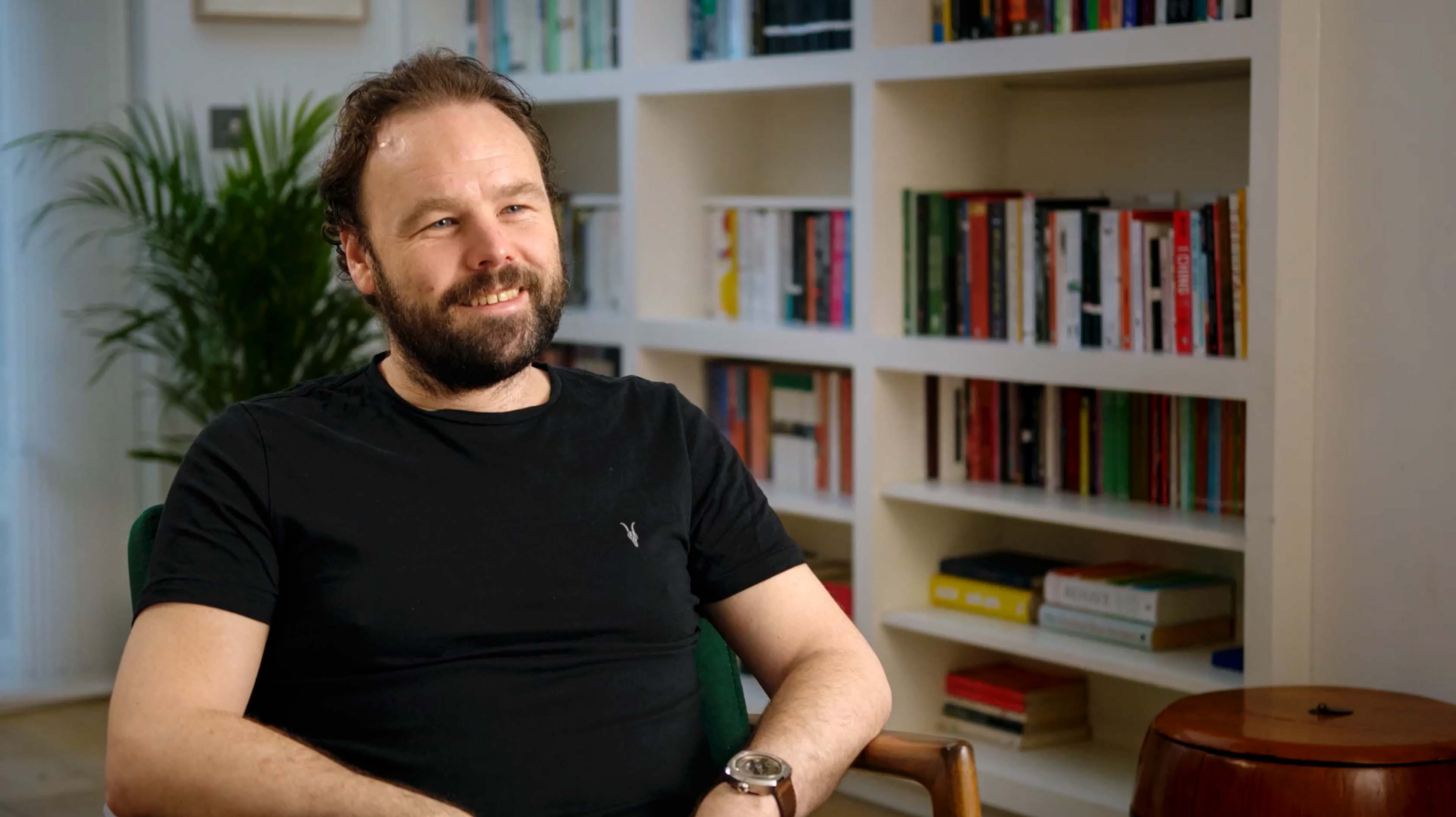
Amazon's Feedback Framework
Former CFO at Deliveroo & Finance Director, EMEA, Amazon
inpractise.com/articles/amazon-learning-environment-philip-green
Why is this interview interesting?
- The role of feedback
- The importance of making employees feel safe
- The importance of patience in developing people
Philip Green
Former CFO at Deliveroo & Finance Director, EMEA, Amazon
Interview Transcript
What role did [Amazon’s leadership] principles play in creating [a learning] environment?
I think the deciding point is feedback. Amazon was super-interesting. It was the first interview I’d ever been to where I was interviewed by people who were going to be on my team, which was very surprising for me. I’ve normally gone through interview processes where it was only either your boss or peer-set that was going to be interviewing you.
That’s important. People don’t immediately respect you because you got the job; you have to earn that respect. The principle of setting that framework of the right cultures and behaviours, but also, everything then aligned around, “Are those behaviours something you’re doing every single day?” Liverpool FC is having an amazing season — which is crushing me as a [Manchester] United fan. They lost their first game at the weekend, and I was just reading an article where Klopp said he couldn’t go in and be angry at the players because he’d be an idiot. They’ve had a phenomenal season so far, and one game doesn’t mean he doesn’t trust them anymore. They’ve just had an off day.
He said, “It wasn’t me coming out of that meeting feeling better and just shouting at them. It’s me walking out of the meeting, recognising the brilliance they’ve done and the fact I still trust them. You go back to a level-five leader, the humility. It’s not about him; it’s about the team. That article is a great example of leadership. People on your team will have bad days, bad moments, but it’s picking up on those consistent things they’re doing and saying you can course-correct them. Leadership is also patience. You can’t flip somebody’s behaviour in a day, but you can if you continually give them feedback, help them, encourage them, and make them feel safe.
Safety is the first thing. People will do better if they feel safe. That is the first job of a leader.
Copyright Notice
This document may not be reproduced, distributed, or transmitted in any form or by any means including resale of any part, unauthorised distribution to a third party or other electronic methods, without the prior written permission of IP 1 Ltd.
IP 1 Ltd, trading as In Practise (herein referred to as "IP") is a company registered in England and Wales and is not a registered investment advisor or broker-dealer, and is not licensed nor qualified to provide investment advice.
In Practise reserves all copyright, intellectual and other property rights in the Content. The information published in this transcript (“Content”) is for information purposes only and should not be used as the sole basis for making any investment decision. Information provided by IP is to be used as an educational tool and nothing in this Content shall be construed as an offer, recommendation or solicitation regarding any financial product, service or management of investments or securities.
© 2026 IP 1 Ltd. All rights reserved.


